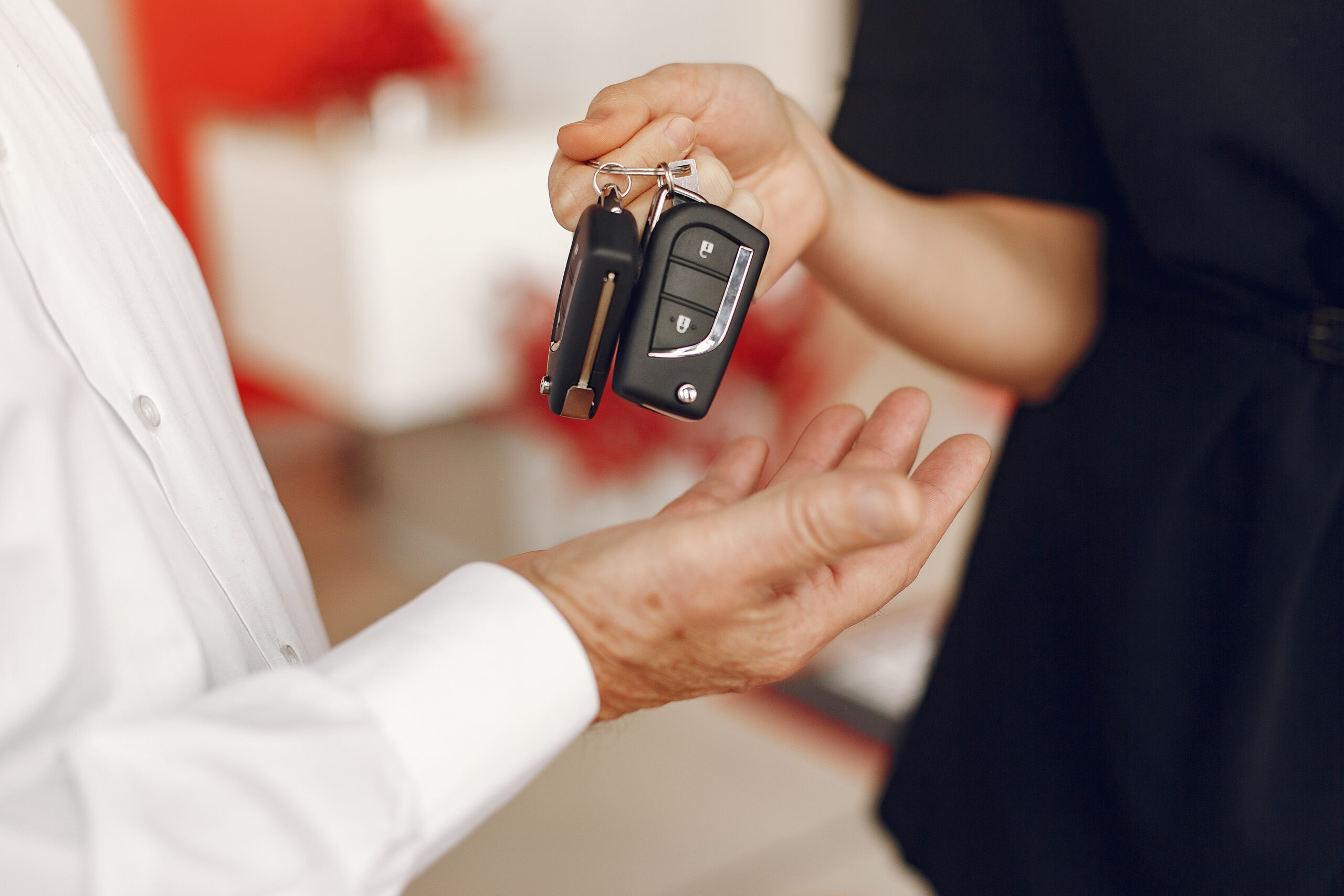As the demand for more environmentally friendly transportation options continues to grow, many car buyers in South Africa are considering second-hand electric or hybrid cars as an alternative to traditional gasoline-powered vehicles. While there are several benefits to owning an electric or hybrid car, it’s important to weigh the pros and cons before making a purchase decision. Here are some advantages and disadvantages of buying a second-hand electric or hybrid car in South Africa.
Pros:
- Environmental Friendliness: One of the most significant advantages of electric and hybrid cars is their reduced carbon footprint. They produce lower or zero emissions, which helps to minimize air pollution and reduce dependence on fossil fuels. By opting for a second-hand electric or hybrid car, you contribute to a cleaner and more sustainable environment.
- Fuel Efficiency and Cost Savings: Electric and hybrid cars are known for their excellent fuel efficiency. Electric cars can run solely on electricity, while hybrids combine an electric motor with a gasoline engine. Both options consume less fuel compared to traditional vehicles, resulting in reduced fuel costs and long-term savings.
- Government Incentives: In South Africa, the government offers various incentives to promote the adoption of electric and hybrid vehicles. These incentives may include tax rebates, grants, or lower vehicle registration fees. By purchasing a second-hand electric or hybrid car, you may still be eligible for these incentives, further reducing the overall cost of ownership.
- Reduced Maintenance: Electric and hybrid cars generally have fewer moving parts compared to internal combustion engine vehicles. This translates to reduced maintenance needs and lower maintenance costs. Electric cars, in particular, have fewer components prone to wear and tear, such as oil changes, spark plug replacements, and transmission maintenance.
- Potential Longevity: Electric motors are known for their durability and longevity. While the battery pack may experience some degradation over time, modern electric vehicles are designed to last for many years. Buying a second-hand electric car with a well-maintained battery can still provide reliable transportation for an extended period.
Cons:
- Limited Charging Infrastructure: One of the main challenges with electric vehicles in South Africa is the limited availability of charging infrastructure. Compared to gasoline stations, charging stations are still relatively scarce, especially in certain areas. This can be a concern for those who rely heavily on long-distance travel or have limited access to charging stations.
- Range Anxiety: Electric vehicles have a limited driving range compared to traditional vehicles. Although the range has significantly improved over the years, some drivers may experience range anxiety, the fear of running out of battery power before reaching their destination. It’s important to consider your typical driving patterns and the availability of charging infrastructure when evaluating a second-hand electric car.
- Higher Initial Cost: Electric and hybrid vehicles generally have a higher initial purchase cost compared to traditional gasoline-powered cars. While the overall cost of ownership may be lower due to reduced fuel and maintenance expenses, the higher upfront price can be a deterrent for some buyers.
- Battery Life and Replacement: The battery pack is a critical component of electric and hybrid vehicles, and over time, it may experience degradation. While modern batteries are designed to last for many years, eventual replacement may be required. Battery replacement can be expensive, and buyers should consider the age and condition of the battery when purchasing a second-hand electric or hybrid car.
- Limited Model Availability: The market for second-hand electric and hybrid cars in South Africa is still developing, and the availability of specific models may be limited. Buyers may have fewer options to choose from compared to traditional gasoline vehicles, which can make finding the right second-hand electric or hybrid car more challenging.
Ultimately, the decision to purchase a second-hand electric or hybrid car in South Africa depends on individual preferences, driving habits, and the availability of charging infrastructure. It’s important to thoroughly research the specific make and model, assess the condition of the battery (if applicable), and consider long-term costs and benefits. By weighing the pros and cons, you can make an informed decision that aligns with your needs and contributes to a more sustainable future.











